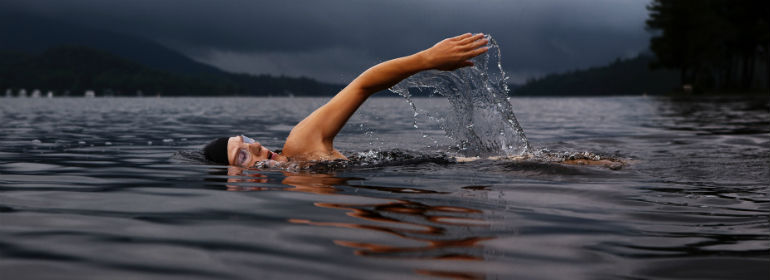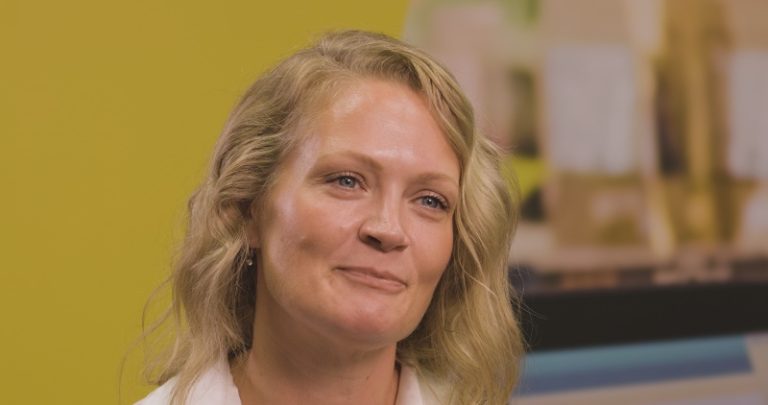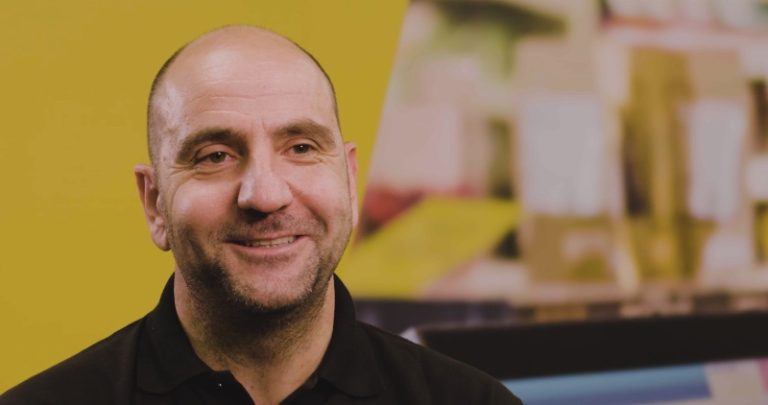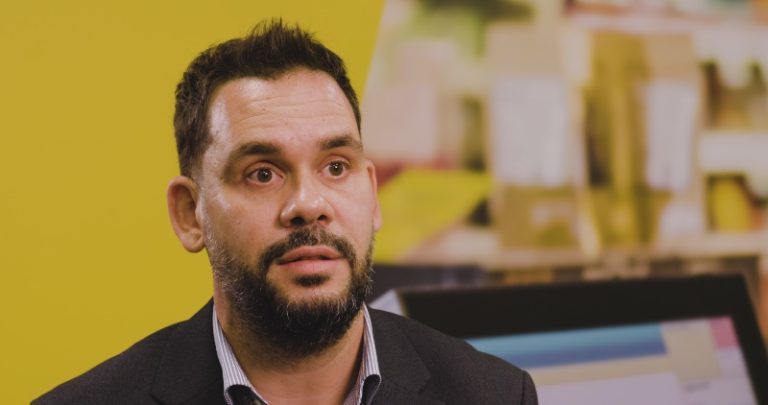Five career options for people who love swimming
Five career options for people who love swimming

Working in an office isn’t for everyone. If you’re a strong swimmer, how about building a career based on your love for the water?
1. Life guard
If you’d love to help others stay safe in the water, a career as a life guard could be a great move. You can work in the UK and abroad in the leisure and tourism industry, as well as in schools and colleges. Hours are usually flexible, in a dynamic, fun-filled environment. You’ll need excellent communication skills and a formal National Pool Lifeguard Qualification (NPLQ).
2. Swimming coach
If you want to pass your love for water on to others, a qualified swimming instructor is an obvious choice. You can teach basic swimming skills to children or adults, develop advanced training routines or supervise swimming teams. In addition to advanced swimming skills, you’ll need the Amateur Swimming Association (ASA) Levels 1 and 2 swimming teacher qualifications or higher training. Working with children will also require a DBS check.
3. Aquatic performer
If you love the idea of performing before a live audience, why not train to be an aquatic performer? Spectacular routines may include synchronised swimming, choreographed water ballet, martial arts and much more. Specialist aquatic performance training is provided by many companies around the world. There’s no one way to become qualified.
4. Diving instructor
If you’re excited by the prospect of diving rather than surface swimming, how about becoming a professional diving instructor? In addition to being an experienced swimmer, you need to have a Sport Diver or equivalent qualification in order to begin training. The British Sub Aqua Club (BSAC) offers several levels of instructor training starting with a Foundation Course and leading up to National Instructor. Or you could opt for the PADI Open Water Scuba Instructor qualification instead.
5. Underwater photographer
Combining two passions – aquatics and photography or film – can lead to an exciting career but it may be hard work getting there. To start you’ll need a PADI Divemaster Scuba diving qualification or equivalent and at least 300 dives in all kinds of conditions. Advanced photography skills and a specialism in a marine science related field, ideally to degree level, will also help. Choose an area that fascinates you, obtain the right underwater kit and literally dive in – just don’t expect immediate financial rewards.
Mike James is a Brighton-based writer, specialising in technology for work – and healthy living for fun. He writes for a range of companies and organisations, as well as leading online and print magazines. This piece was produced as part of a project with Compass Pools, a company owned by the president of both the British Swimming Pool Federation and Swimming Teachers Association.





